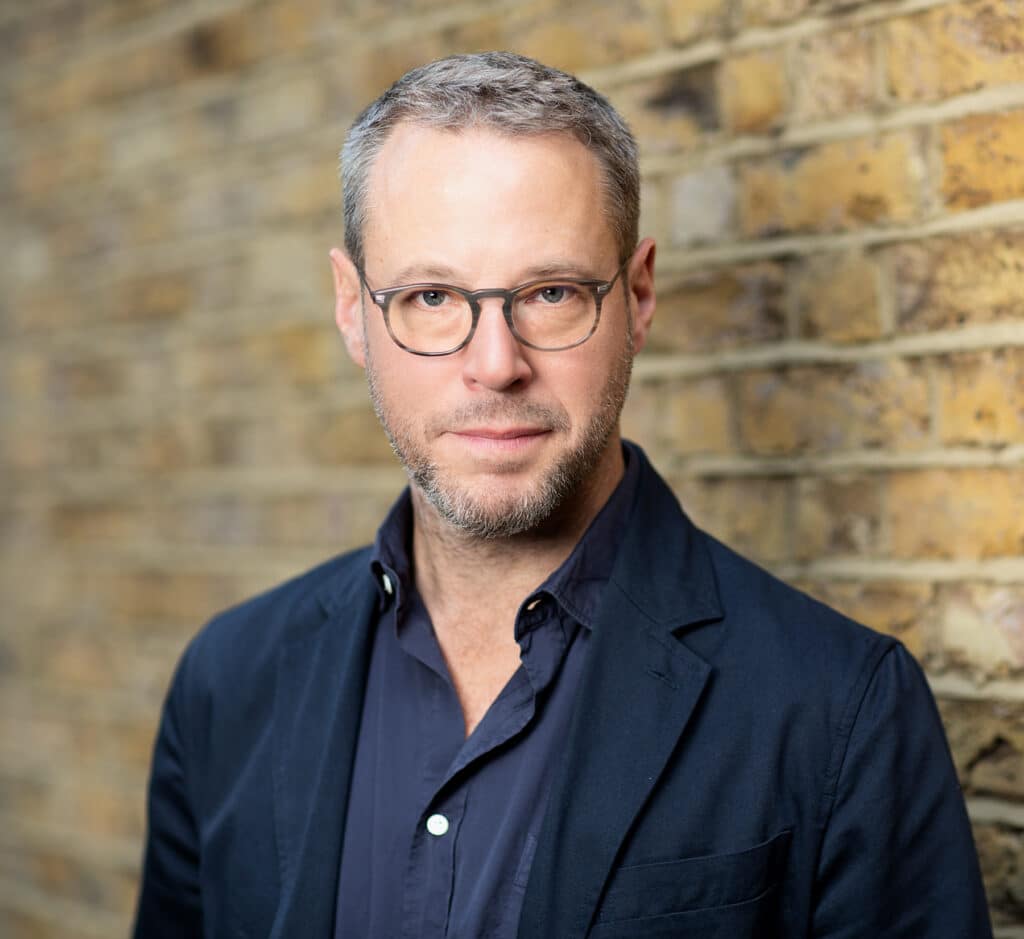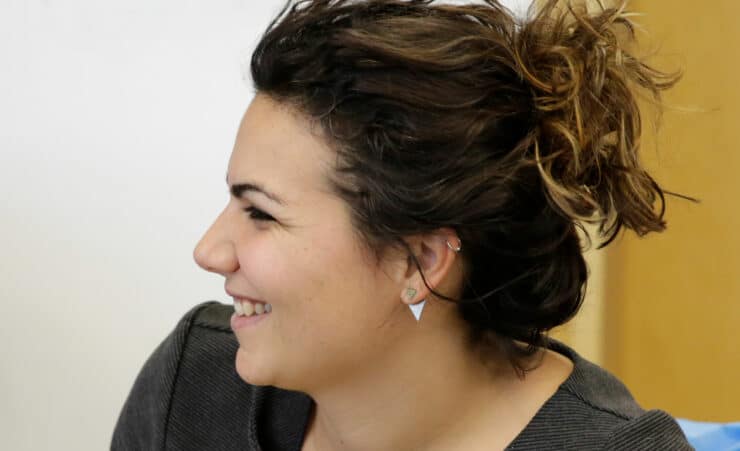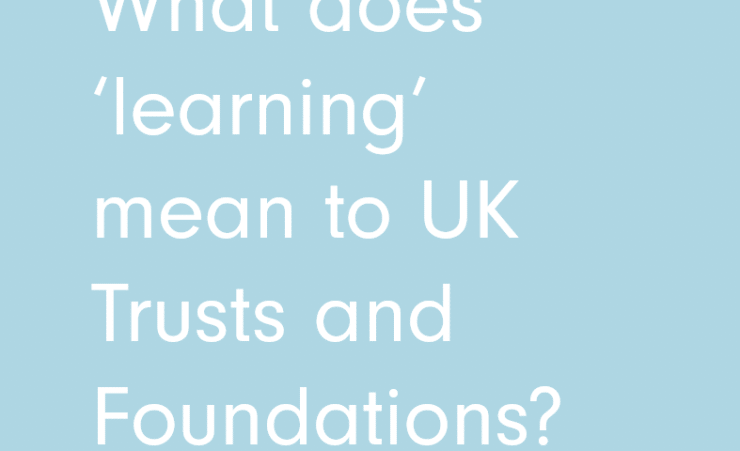
Covid-19: What can funders learn from previous emergency responses?
In 2018, IVAR and London Funders published a report looking at the key features of funders’ grant-making responses to the Grenfell Tower fire, the London Bridge and Borough Market attacks, and the Manchester Arena bomb.
In response to coronavirus, London Funders is bringing funders together to produce a collaborative and aligned response, supporting the needs of civil society organisations. To inform this response, and ensure that previous insights are not ignored, we have collated what we learnt from past emergencies.
We found that across a number of the collaborative funds set up in response to the emergencies, funders stepped outside their normal practices in a range of different ways, most notably:
- Commitment to speed
- Light-touch application and monitoring
- Managing risk through relationships
- Collaborative delivery and delegated decision-making
- Flexible funding
These five bullets capture a particular approach to grant-making, one that is sensitive and attuned to beneficiaries. It is highly relational, rather than contractual; it places a premium on trust; and it suggests a kind of common endeavour, where the assets of the funder (in this case, money) are combined with the assets of grantees (their work) for the common good.
‘Being effective’ in these circumstances does not mean delivering a perfect grant programme that no-one can question or criticise.
But it does mean finding a way to direct money quickly and intelligently to where it appears to be most needed – often in a complex and changing situation, where extensive consultation may be impossible. Drawing on the words of organisations and groups in receipt of emergency funding, we can understand ‘effectiveness’ in this context as meaning ‘straightforward, easy, quick and trusting’.
Few of the funders that played a part in the emergency responses expected to be taking on this role.
But they saw a gap in support for community organisations and some independent and public funders decided to step in.
We identified five conditions, principles and ways of working that may now help others get money quickly and intelligently to community organisations:
- Active networks to support collaboration: the context of emergency situations, it makes sense for funders to do all they can to work together – and pre-existing funder networks (like London Funders) or close working relationships provide a foundation for them to co-operate and to move quickly.
- Leadership and facilitation: quick and coherent response calls for some organisations to be ready to take a lead in framing and facilitating collaborative responses. These roles may best be played by smaller, more nimble funders, characterised by clear values, internal relationships of trust, confident and supportive leadership, small teams and – critically – a shared understanding of risk. Their willingness to act decisively appears to work particularly well for larger, generalist funders, especially those that feel a special responsibility to respond to public emergencies. Some have established procedures to quickly set aside a funding pot, and all operate at a scale where decisions about redirecting staff capacity can be made at executive level. But ‘distance from the ground’ and internal structures and hierarchies can make it more difficult for them to move nimbly in framing or leading a collaborative response.
- Finding out what is needed: Emergency funding is designed to respond to the immediate. But the need for speed can mean that initiatives are developed without structured consultation. Funders can respond to this challenge by using existing local knowledge – including working with local and national voluntary sector infrastructure bodies – and bringing experience and an open mind.
- Simple, supportive processes: funding process needs to be as simple as possible for applicants under severe personal and professional stress. This can be achieved through active outreach; a simplified application process; relationship-building and conversation; light-touch due diligence; swift decision-making; and simple monitoring arrangements.
- Readiness to manage unexpected challenges: Emergency funding efforts will inevitably hit some unexpected difficulties; these need to be dealt with in a straightforward way by the partners involved. Funders too are operating outside what is normal for them: ‘No-one knows how to do this: the only shield is to be genuinely doing the best we can – and constantly listening and learning so we can do better.’
Over the last decade there has been much talk of funders trying to become less burdensome, more straightforward and quicker in their dealings with applicants and grantees. For that to happen, funders need to be ruthlessly clear about the purpose and necessity of their processes. The positive examples that we have seen – those described in The possible, not the perfect and, more recently, in our account of the Tudor Trust’s work in Hartlepool – weren’t rushed or haphazard. The preparation and execution were characterised by care, attention to detail and great sensitivity. But, critically, they were nimble and proportionate, sending a clear signal to others about what is possible when you are prepared to step outside the normal.
As part of our own efforts at IVAR to support the voluntary sector and civil society, we will be working alongside funders and their funded organisations over the coming months. We are committed to capturing learning about different responses; if you would like to be part of that, please get in touch with emily@ivar.org.uk.
London Funders are coordinating a funder statement on Covid-19, recognising that this outbreak is an exceptional event that will have an impact on civil society groups and to offer reassurance funders stand with the sector during this time. Find out more and sign up here.
This blog is jointly hosted by IVAR and London Funders.


